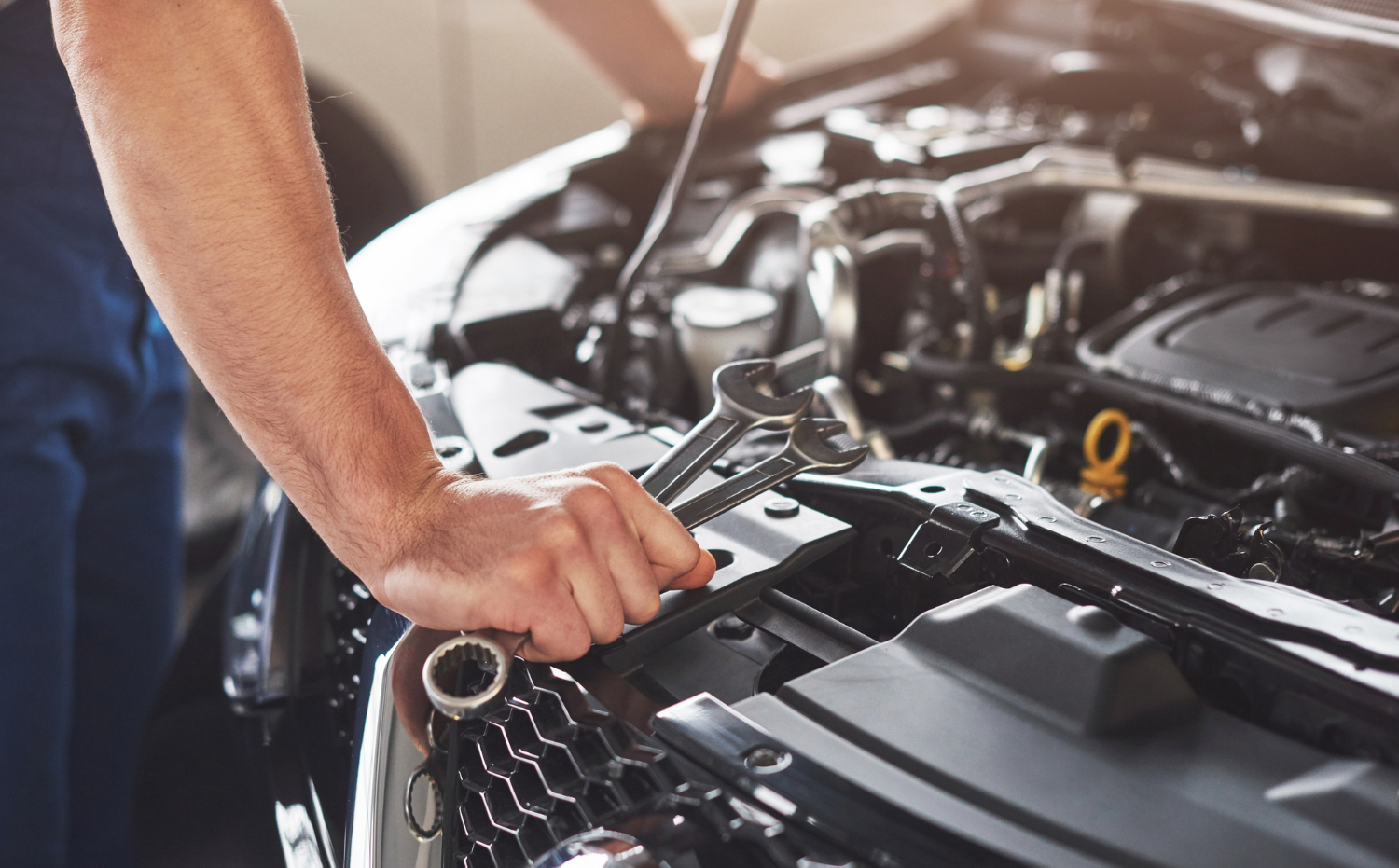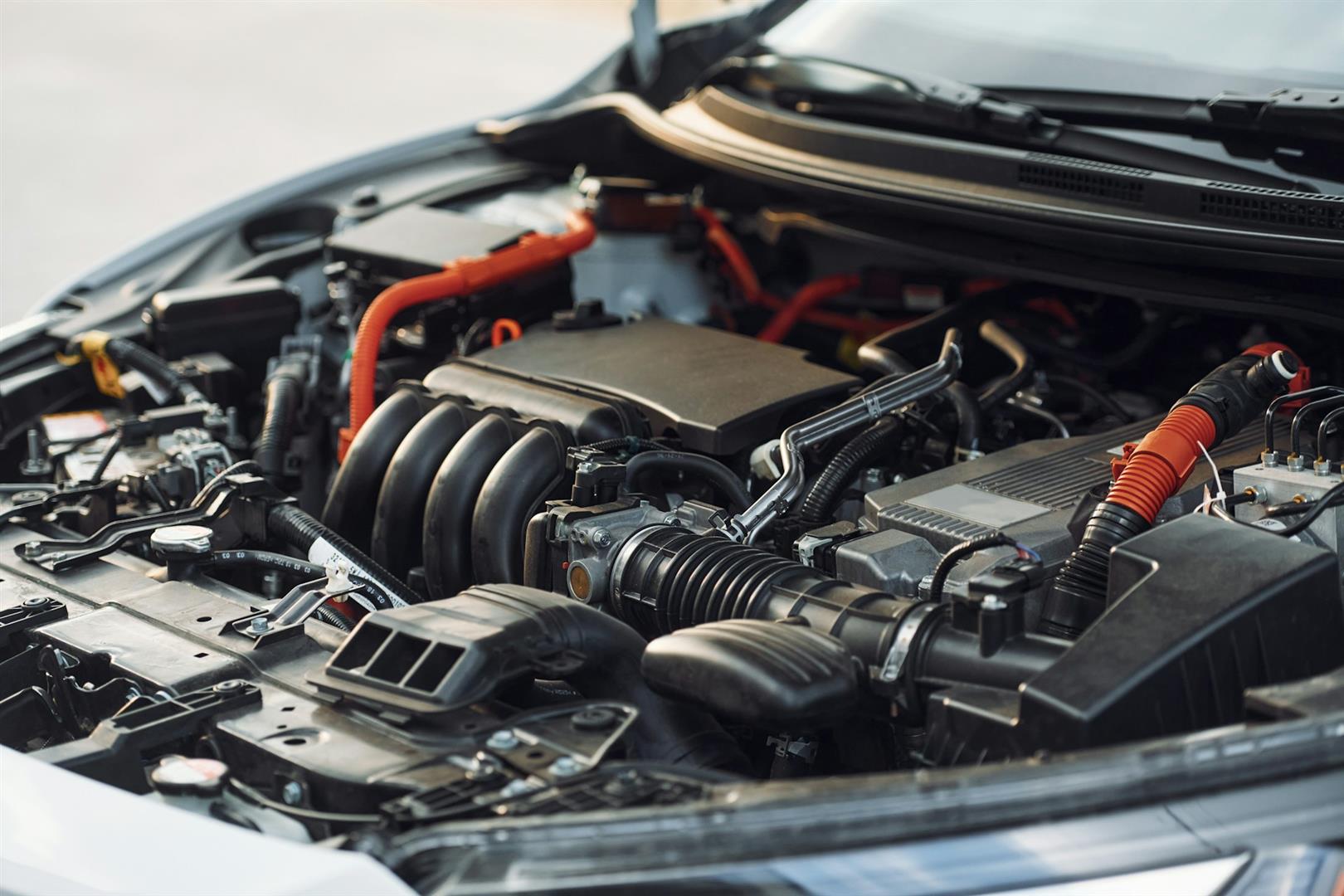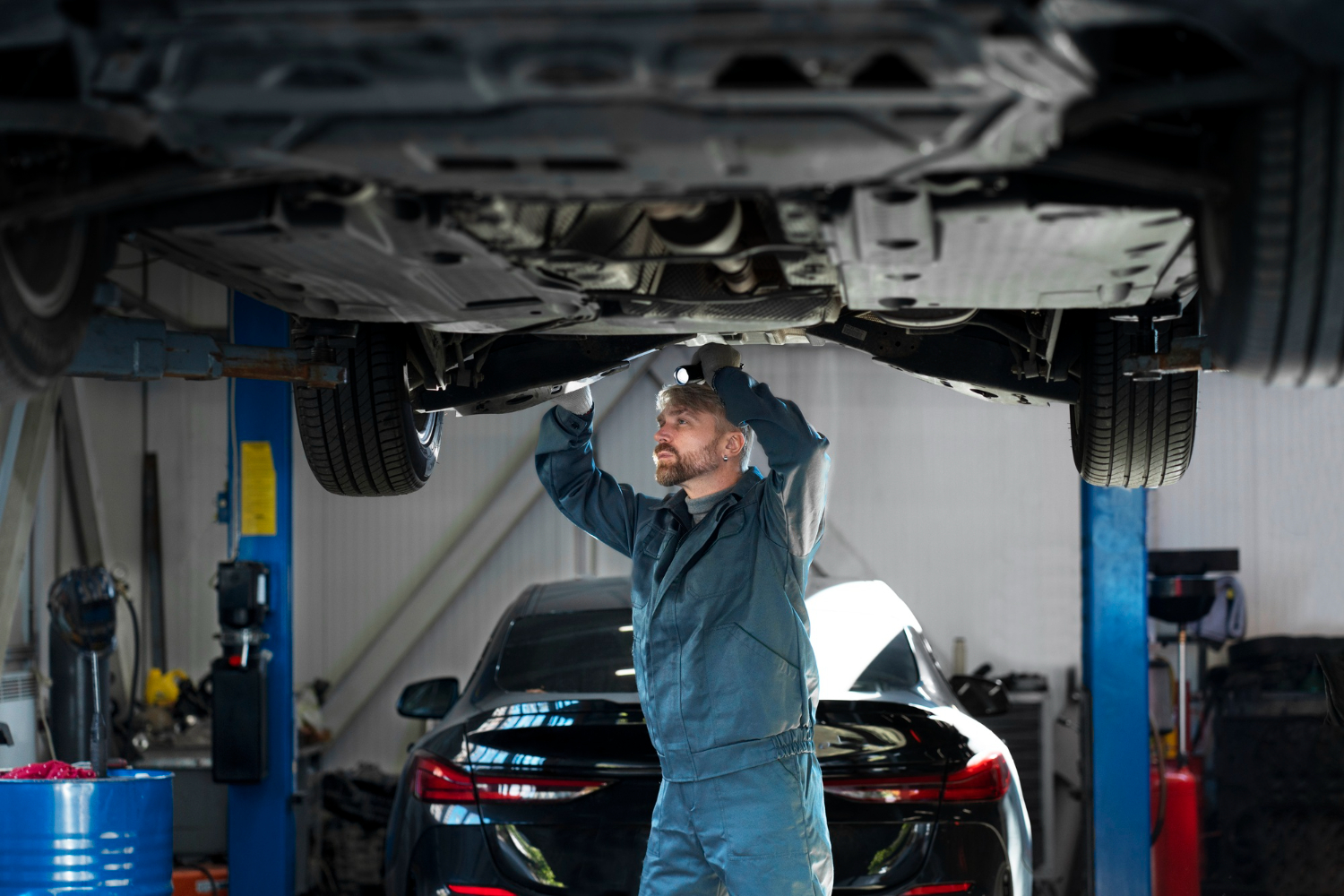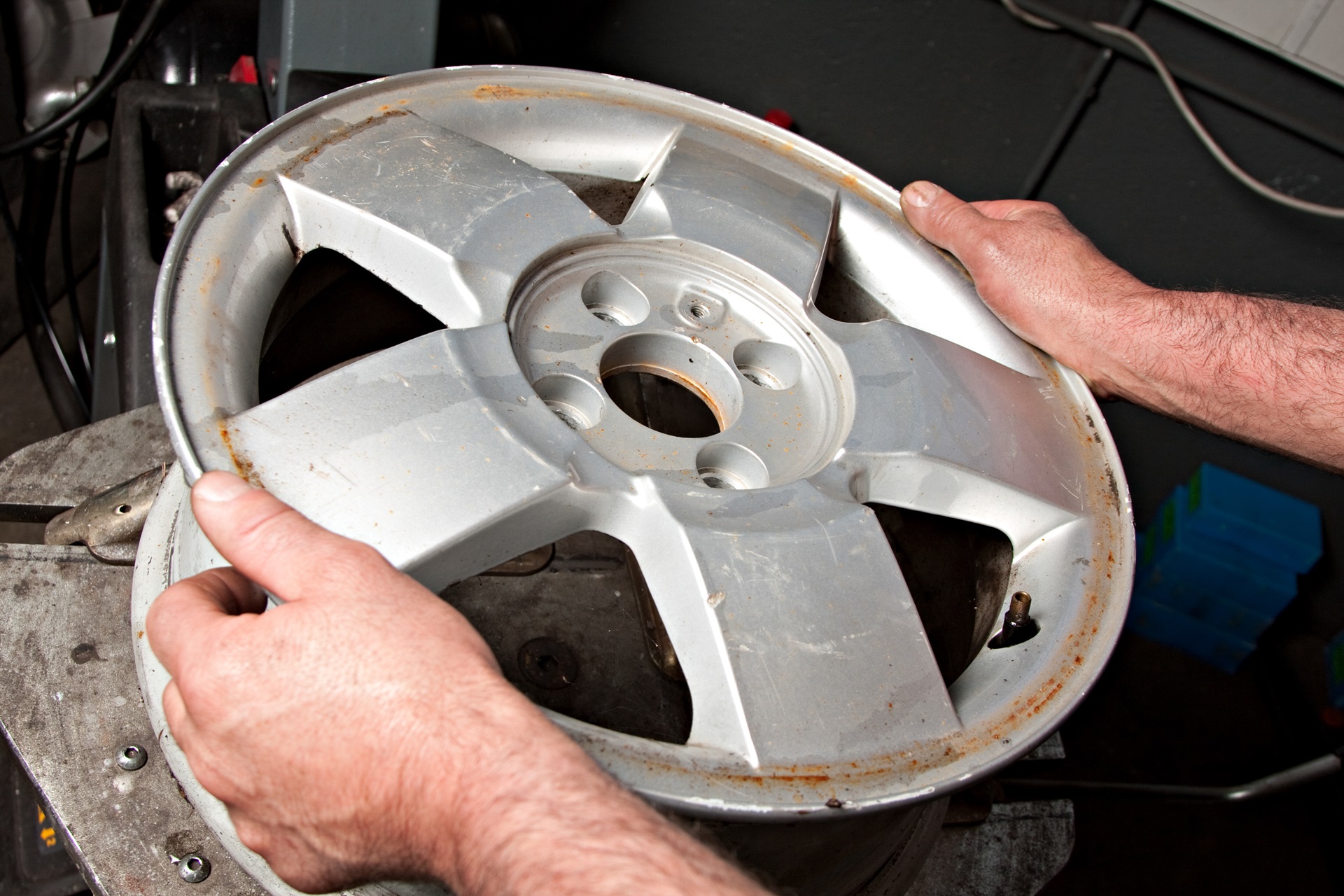Posted on 9/16/2024

As the season transitions to fall, it is essential to get your car ready for the colder weather ahead. One of the most effective ways to do this is by using dry ice blasting for maintenance. This technique offers a thorough cleaning that removes dirt, grime, and contaminants without damaging your vehicle. Preparing your car in advance can help avoid issues during the colder months. Dry ice blasting uses small pellets of solid carbon dioxide shot at high speeds to clean surfaces. This method is not only effective but also environmentally friendly. The dry ice pellets vaporize upon impact, leaving no residue behind. This makes it a perfect choice for cleaning tight spaces in your car's engine and other components. Fall is an ideal time for car maintenance because it allows you to address issues before the winter sets in. A clean car engine performs better, and dry ice blasting helps keep all parts of your vehicle in tip-top shape. Taking care of your car now can help prevent ... read more
Posted on 9/16/2024

Keeping your engine clean is crucial for maintaining your car's performance and longevity. Traditional cleaning methods can be time-consuming and might not always provide thorough results. That's where dry ice blasting comes in. This modern technique offers a safe and efficient way to clean your engine without causing damage to its parts. Dry ice blasting uses compressed air to shoot small pellets of dry ice at high speeds onto dirty surfaces. The dry ice pellets then remove dirt, grease, and grime without leaving any residue. This method is highly effective and gentle on engine components, making it a popular choice for car owners. One of the biggest advantages of dry ice blasting is that it's non-abrasive. Unlike sandblasting or other harsh cleaning methods, dry ice blasting doesn't wear down surfaces. It is also environmentally friendly since it doesn't use harmful chemicals or create secondary waste. This makes it an excellent option for those looking to maint ... read more
Posted on 8/30/2024

Ever felt like your car just isn't performing the way it used to? Maybe it's sluggish when you accelerate, or perhaps it's sputtering more than usual. These could be signs of a clogged fuel filter or fuel injectors. Both components are crucial for your engine's performance and efficiency. We'll explain what happens when these parts get clogged and the symptoms you should look out for. Understanding the Role of Fuel Filters and Fuel Injectors Before looking into the symptoms, it's essential to understand the role of fuel filters and fuel injectors. The fuel filter's job is to keep debris and impurities from entering your engine. Over time, dirt and rust can accumulate in your fuel tank, and the filter ensures these contaminants don't reach the engine, where they could cause damage. Fuel injectors, on the other hand, are responsible for delivering fuel into the engine's combustion chamber in a fine mist, which is necessary for effici ... read more
Posted on 8/26/2024

Maintaining a vehicle in top condition can be a challenge, especially with the accumulation of grime, grease, and other contaminants over time. These unwanted substances not only affect the appearance of a vehicle but can also lead to premature wear and mechanical issues. Traditional cleaning methods often fall short in addressing these stubborn contaminants, leaving vehicle owners searching for more effective solutions. Dry ice cleaning presents a powerful alternative that can significantly extend the lifespan of a vehicle. This technique uses dry ice pellets to remove dirt and debris without damaging the underlying surfaces. It’s non-abrasive, requires no harmful chemicals, and reaches into nooks and crannies that other methods might miss. By keeping your vehicle cleaner, you help preserve its vital components and ensure it runs smoothly for longer. In this article, we will explore dry ice cleaning techniques and their advantages. We will identify common issues that reduce ve ... read more
Posted on 8/26/2024

Orlando's roads can be tough on wheels, especially with the seasonal changes that bring varied challenges. From potholes and construction impacts to the gradual wear and tear caused by fluctuating temperatures, the local driving environment demands vigilance and timely maintenance. Wheel damage is not just a minor inconvenience; it can lead to significant issues with vehicle performance and safety. As such, proper wheel maintenance and timely repairs are essential to keep your vehicle running smoothly and safely. In this article, we will explore the different types of seasonal road damage that can affect your wheels, identify common forms of wheel damage, outline the wheel repair process, and suggest preventive measures to protect your wheels from damage. Understanding these aspects will help you maintain your vehicle more effectively and avoid costly repairs down the line. Understanding Seasonal Road Damage Orlando's seasonal changes can cause varying types ... read more